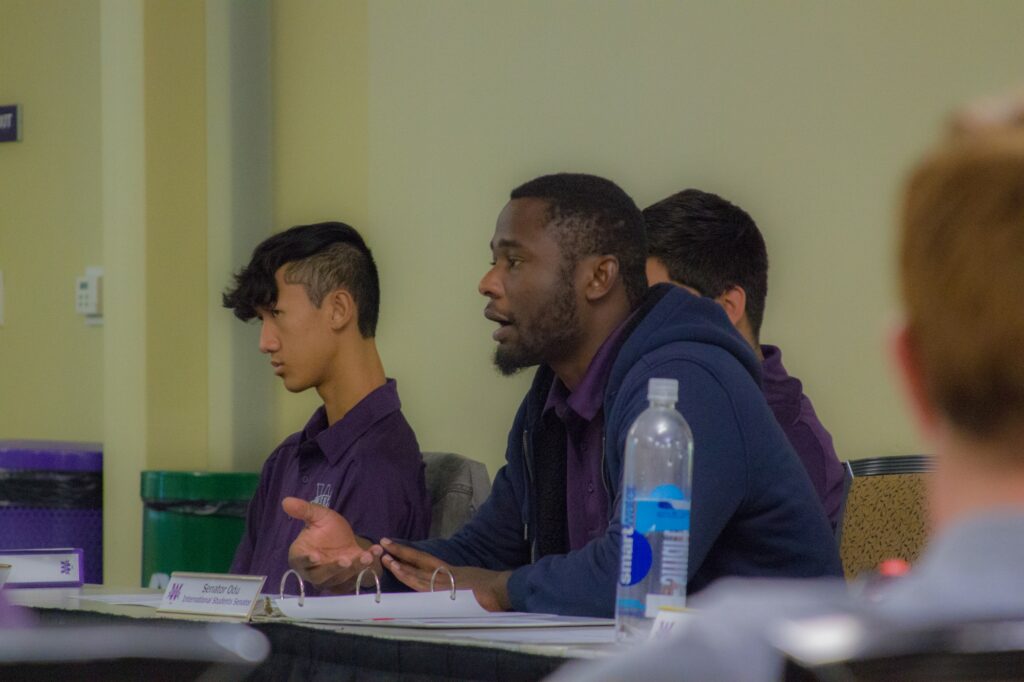
As a show of good faith, the International Student and Scholar Center drafted a document, approved by the Weber State University legal team, that would allow international students to continue their studies so long as they pay for medical insurance by April 1.
International student Sina Yavari has remained in limbo with the ISSC for the past eight months over WSU’s medical insurance requirement for international students. Yavari was among the students upset with the newly-implemented insurance plan through GeoBlue.
As of August 31, 2018, international students no longer had the option of acquiring medical coverage of their choosing. Previously, paying $150 per semester for insurance was feasible for students; now international students must pay $380 every semester.
“I would have to deny my necessities at this point,” Yavari said.
His pleads for leniency have been unsuccessful. On Jan. 15, Yavari filed a second-level petition, which was denied March 7.
Academic Affairs Officer Lisa Allen stated in the appeal decision letter sent to Yavari that he had not provided an acceptable alternative to the University Student Code PPM 6-22.
University Student Code PPM 6-22 states international students must provide evidence of independent health insurance coverage for each term enrolled. Although it’s required, there is no mention of insurance in the cost breakdown of attending WSU.
In an email dated Dec. 27, Dean of International Programs Cliff Nowell acknowledged Yavari providing him with documentation showing his financial situation.
“Without further information, it is unclear to me how you are paying for basic items such as tuition, housing and food,” Nowell said.
According to Yavari, without the help of financial aid, he would have been back in his home country five months ago.
However, Nowell denies having received any financial documents from any student ever.
WSU President Brad Mortensen sat down to discuss international students in the same conference room where he sat with two freshman international students who came to him for help.
“I’ve been really touched by their sincerity to come here,” Mortensen said. “I think we’re obligated to help.”
When all attempts to find a solution for his financial predicament through the ISSC failed him, Yavari sought advice elsewhere. He later learned from the campus community there is waiver for the $480 needed to file for a work visa that he had never been aware existed.
International students must file for a work visa if they wish to work more than 20 hours on campus or if they wish to work off campus. A visa can take between four to seven months to process before the student can begin to work.
Upon hearing this news, Yavari asked Director of ISSC Mary Machira about the waiver. Machira thought she had previously informed Yavari. He has since applied and been granted a work visa waiver.
While the university was making mandatory the purchasing of medical insurance through GeoBlue, international students proposed an alternative to placing holds on student’s accounts who could not produce $380 on short notice.
The new proposal suggested adding the cost of insurance into the tuition and fees due at the beginning of every semester so that students are aware of the charges before they enroll.
Nowell believes everyone is on-board in making the proposal a reality and students could see the change in Fall 2019, which would allow international students to know, up front, about the full cost of their education.



















